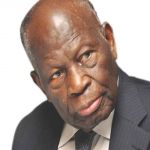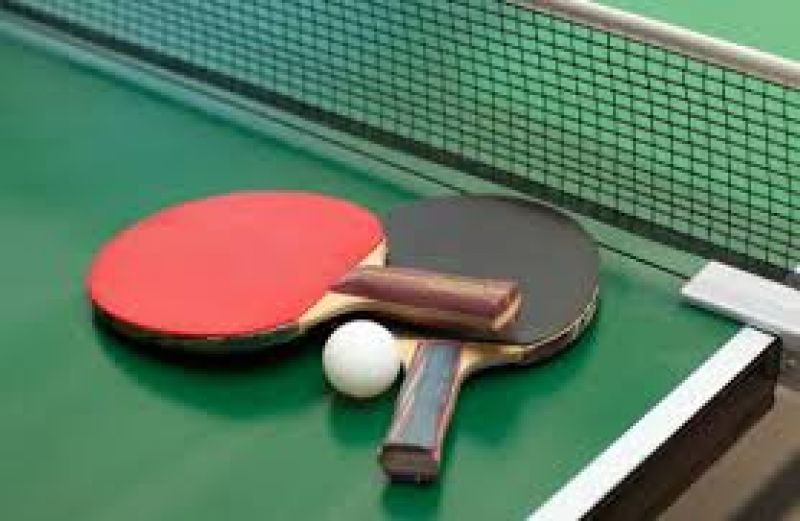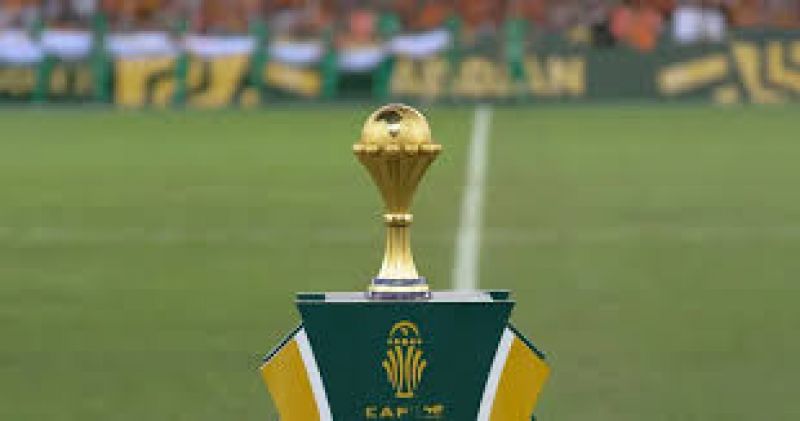By Daily Sports on June 9, 2016

Maria Sharapova has been banned for two years by the International Tennis Federation for using a prohibited drug.
The Russian was provisionally banned in March after testing positive for meldonium at January's Australian Open.
The heart disease drug, which 29-year-old Sharapova says she has been taking since 2006 for health issues, became a banned substance on 1 January 2016.
The five-time Grand Slam winner said she "cannot accept" the "unfairly harsh" ban - and will appeal.
Sharapova will challenge the suspension, which is backdated to 26 January 2016, at the Court of Arbitration for Sport (Cas).
In a statement, she said the tribunal concluded her offence was "unintentional" and that she had not tried to use a "performance-enhancing substance".
But she claimed the ITF had asked the tribunal to impose a four-year ban, adding it "spent tremendous amounts of time and resources trying to prove I intentionally violated the anti-doping rules".
The tribunal ruling said Sharapova tested positive for meldonium in an out-of competition test on 2 February, as well as in the aftermath of her Australian Open quarter-final defeat by Serena Williams on 26 January. It treated both results as a single anti-doping violation.
The London 2012 Olympic silver medallist added: "I have missed playing tennis and I have missed my amazing fans... your love and support has gotten me through these tough days.
"I intend to stand for what I believe is right and that's why I will fight to be back on the tennis court as soon as possible."
The ITF will not appeal against the tribunal's decision.
Nike, which suspended its relationship with Sharapova in January, said it would "continue to partner" the Russian, based on the tribunal's findings.
Sharapova was Forbes' highest-paid female athlete for 11 consecutive years, until Williams moved above her this year. The American made £28.9m from winnings and endorsements to Sharapova's £21.9m.
Aged 17, Sharapova became the first Russian to win Wimbledon in 2004, added the US Open in 2006 and the Australian Open in 2008, before completing a career Grand Slam with the French Open title in 2012.
She won the French Open again in 2014, but the 2018 tournament in Paris is the next major Sharapova can enter, when she will be 31.
The World Anti-Doping Agency (Wada) said in April that scientists were unsure how long meldonium stayed in the system, and suggested athletes who tested positive before 1 March could avoid bans, provided they had stopped taking it before 1 January.
However, Sharapova had already admitted she continued taking the substance past that date, saying she was unaware it had been added to the banned list as she knew it by another name - mildronate.
In reaching its verdict, the ITF recognised Sharapova had not intentionally broken anti-doping rules, as she did not know that mildronate contained a banned substance from January of this year.
But the federation said the Russian was "the sole author of her own misfortune", as she had "failed to take any steps to check whether continued use of the medicine was permissible". (bbc.com)
•Photo shows Maria Sharapova..
Source Daily Sports
Posted June 9, 2016
You may also like...

Anthony Joshua Lacks Boxing Skills; I’ll Beat Him...

Countdown to U-20 Women’s World Cup: Falconets Coach...

World Cup In 2022 ‘Will Be My Last’,...

AFCON 2024: Jose Peseiro And His Super Eagles,...

Arsenal and Tottenham fined for failing to control...

NOC mourns Pa Akintola Williams

_9.jpg) NPFL: Rangers win big as Nasarawa shock Abia
NPFL: Rangers win big as Nasarawa shock Abia Nigeria know World Table Tennis Champs foes today
Nigeria know World Table Tennis Champs foes today Bayelsa athletics boss Oredipe maps out dev plans
Bayelsa athletics boss Oredipe maps out dev plans Falcons stars dominate IFFHS Africa XI
Falcons stars dominate IFFHS Africa XI Eguavoen backs NPFL talents for Nigeria squad despite CHAN failure
Eguavoen backs NPFL talents for Nigeria squad despite CHAN failure He’s very strong, Simeone returns Osimhen praise
He’s very strong, Simeone returns Osimhen praise Joshua boxing return still uncertain
Joshua boxing return still uncertain NBA star Bane eyes Nigeria switch
NBA star Bane eyes Nigeria switch Palmer 'very, very happy' at Chelsea, says Rosenior
Palmer 'very, very happy' at Chelsea, says Rosenior_2.jpeg) AFCON 2025: VAR recording discloses what referee said before Morocco's penalty miss against Senegal
AFCON 2025: VAR recording discloses what referee said before Morocco's penalty miss against Senegal AFCON 2025 highlights: World-class stadiums, VAR drama, record attendance
AFCON 2025 highlights: World-class stadiums, VAR drama, record attendance Oliseh slams Osimhen for costing Eagles’ AFCON trophy
Oliseh slams Osimhen for costing Eagles’ AFCON trophy Rangers International going, going . . . (63,494 views)
Rangers International going, going . . . (63,494 views) Amaju Pinnick: A cat with nine lives (54,788 views)
Amaju Pinnick: A cat with nine lives (54,788 views) Second Term: Amaju Pinnick, Other NFF Heavyweights Home to Roost •How Pinnick Broke the Jinx (52,684 views)
Second Term: Amaju Pinnick, Other NFF Heavyweights Home to Roost •How Pinnick Broke the Jinx (52,684 views) Current issues in Nigerian sports: Matters arising (52,345 views)
Current issues in Nigerian sports: Matters arising (52,345 views) Sports Development: Zenith Bank on the zenith (52,277 views)
Sports Development: Zenith Bank on the zenith (52,277 views) Missing $150,000 IAAF Grant: Solomon Dalung’s Hide and Seek game (52,188 views)
Missing $150,000 IAAF Grant: Solomon Dalung’s Hide and Seek game (52,188 views) Gov. Abdullahi Ganduje’s solid footprints, commitment to sports development in Kano State (52,054 views)
Gov. Abdullahi Ganduje’s solid footprints, commitment to sports development in Kano State (52,054 views) NFF Presidency: Pinnick, Maigari, Ogunjobi, Okoye in Battle for Supremacy (51,608 views)
NFF Presidency: Pinnick, Maigari, Ogunjobi, Okoye in Battle for Supremacy (51,608 views) Olopade, BET9A wave of revolution in NNL (50,787 views)
Olopade, BET9A wave of revolution in NNL (50,787 views) Commonwealth Games 2018: Shame of Muhammadu Buhari, Solomon Dalung (49,315 views)
Commonwealth Games 2018: Shame of Muhammadu Buhari, Solomon Dalung (49,315 views) Ibrahimovic’s Man U exit: Whose decision is it? And in whose interest? (47,704 views)
Ibrahimovic’s Man U exit: Whose decision is it? And in whose interest? (47,704 views) John Mikel Obi: Segun Odegbami’s Outrageous Call! (47,173 views)
John Mikel Obi: Segun Odegbami’s Outrageous Call! (47,173 views)